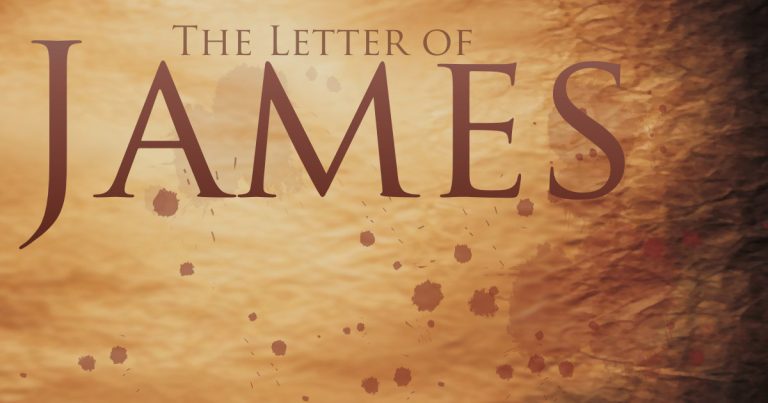
Ancient Anglican
A Modern Perspective on Early Christian Thought.
New on the Blog
Bad Girls of the Bible – Mrs. Potiphar, pt.1
As you read through the story of Joseph and Potiphar’s wife in Genesis 39, look at the different layers of indiscretion we encounter.
Bad Girls of the Bible – Eve, pt.2
As presented by Higgs, the first important part of the story of Eve is her equal dignity. She is not created by God to be subservient to Adam.
Bad Girls of the Bible – Eve, pt.1
The story of Eve is the story of what causes sinful desires within us and how we can, in looking at Eve, hopefully overcome or avoid these desires.
Bad Girls of the Bible – Introduction
She says that when she became a Christian and began studying the women of the Bible she failed to identify with the saintly women of the Bible. But, as she writes, “Something clicked inside of me when I happened upon Jezebel.”
Ponder These Things – Praying with Icons of the Virgin. pt.2
The second Icon is the Eleousa – Lady of Tenderness. In this Icon, we see the Child embracing, grasping, and pushing himself toward Mary. He is actively seeking her with a love of insistent intensity and immediacy.
Ponder These Things – Praying with Icons of the Virgin. pt.1
The first Icon is the Hodegetria – she who shows the way. This Icon creates a circular movement. The Virgin gestures towards the Child, introducing her son to us and pointing us away from herself. The Child gazes at Mary’s face giving loving attention to someone besides himself.
Jude – The Book of Enoch
Jude’s only quotation from any source is the Book of Enoch in vv. 14-15.
Jude vv.24-25
Jude tells us, that in Christ, we too are being made perfect so that we too may stand upright in the presence of God’s glory so that we too will be without blemish.
Jude vv.20-21
Jude is one of the few places in the New Testament where the persons of the Trinity are explictly mentioned together and their unique role is explained.
Jude vv.1-16
In his letter, Jude gives us the example of three groups of people who incurred divine judgment and three examples of corrupt teachers all within the Old Testament.
James 5:7-19
James ends his letter with the themes of being patient in times of trial, being in constant communication with the One in charge, and being responsible to bring back those who have strayed.
James 5:1-6
James’ condemnation lies with how the rich obtain and retain their riches – by withholding wages, hoarding their wealth, and condemning the righteous. Wealth is not simply a danger because it forms the basis of inequality, but wealth itself corrupts the human soul.






